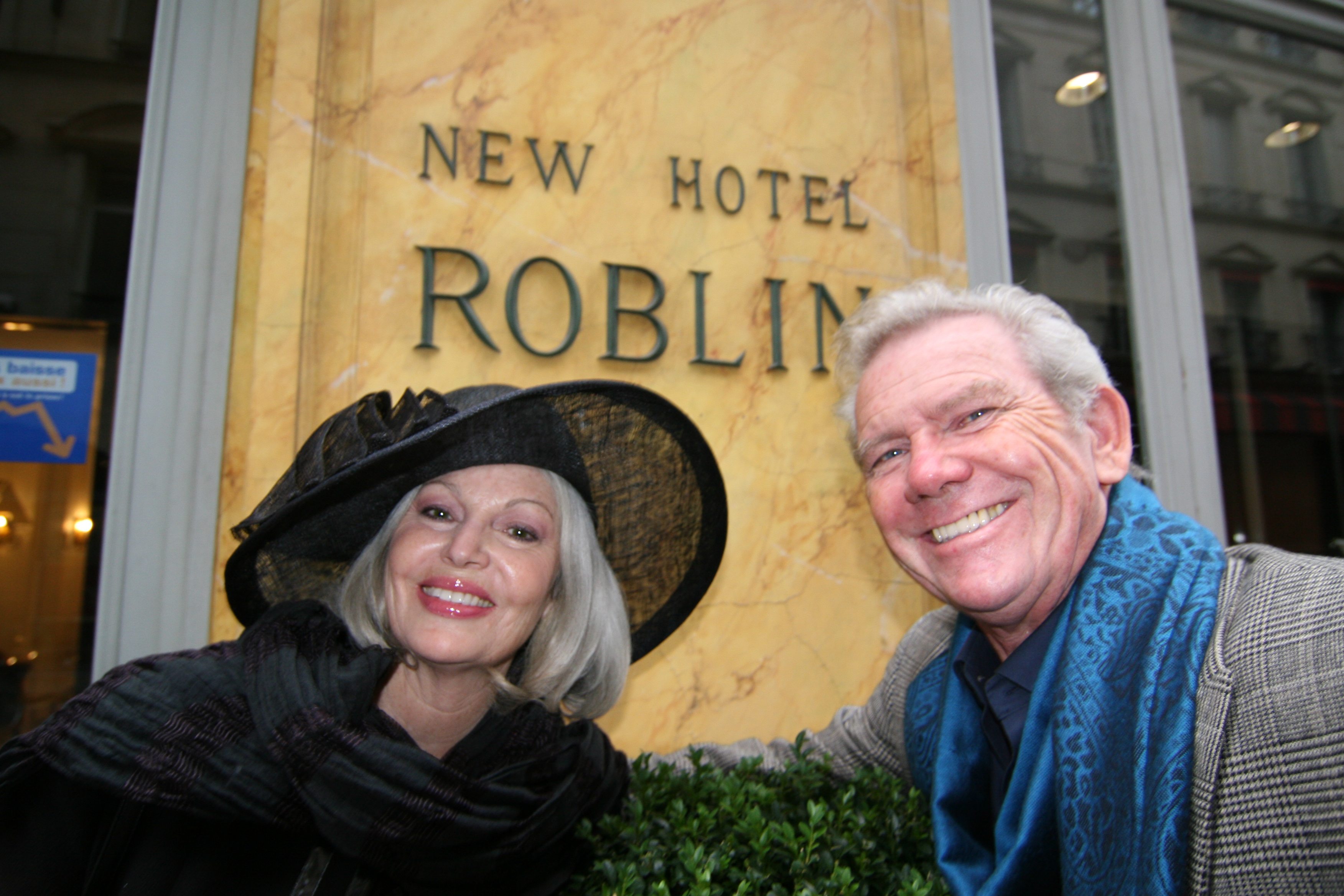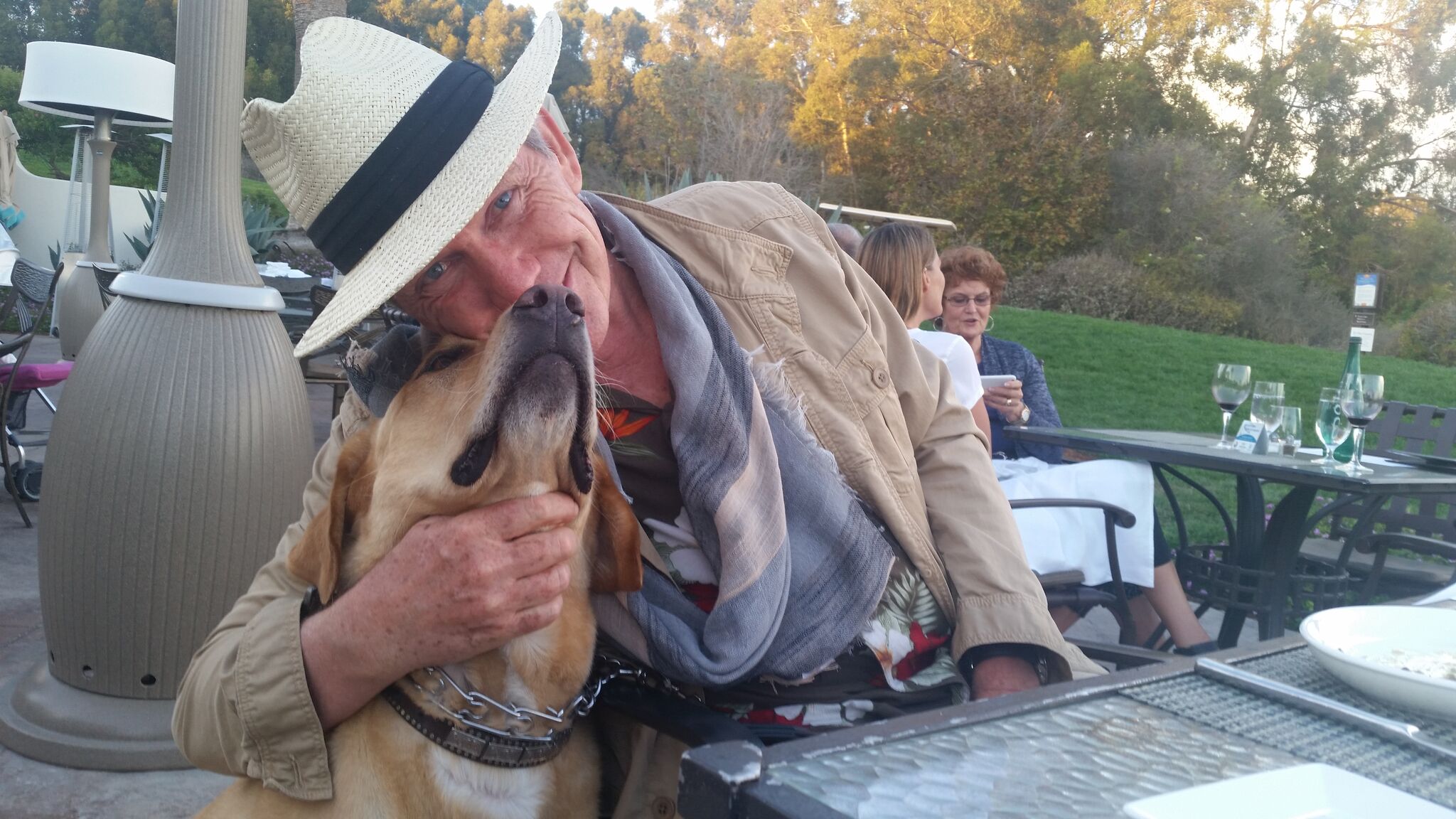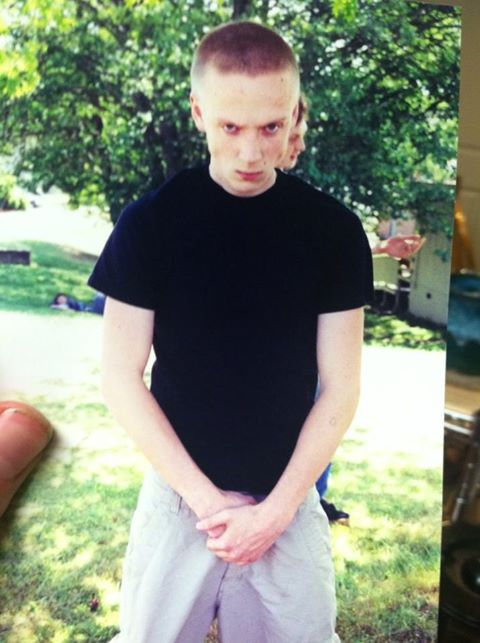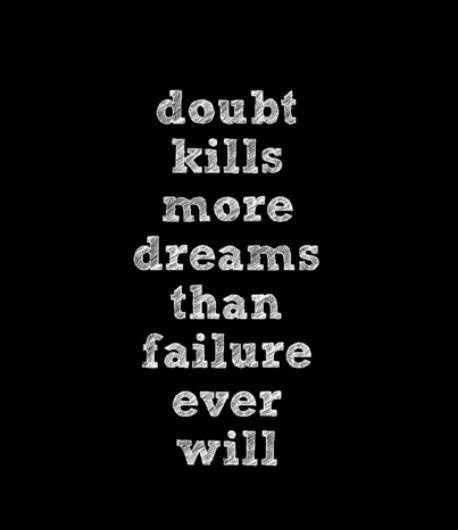By Caleb Penn author, producer, director and Jacob Breslauer, director of photography and editor.
Introduction by Nancy Chuda founder and Editor-in Chief of LuxEcoLiving and co-founder of Healthy Child Healthy World
Damages run deep in the psyche of a child’s awareness of abuse that stems from an environment of single parent homes. Mocking Birds, is a brilliant gem, a raw and engaging portrayal by Caleb Penn as himself under the watchful eye and editorial skills of Jacob Breslauer. Both filmmakers and actors lend their skill sets to lives staged in conflict sharing childhood memories of emotional debris and baggage falling from the sky.
First and foremost, ‘Mocking Birds,’ is not autobiographical in its entirety but rather an amalgamation of stories that arose from a generation of broken homes. The vast majority of my friends are from single parent households, in fact, I just assume most people I meet are children of divorcees.
The piece is an attempt to explore what it means to be a child in a home that is in the process of falling apart. When our mother or father would tell us everything will be alright, even though the sky was tumbling down right behind them. There is something deeply unsettling to a child, regardless of their age or development, to bearing witness to such extremes from the sideline. It was never about us, it was them and we understand that intellectually, but forever after there’s this nagging feeling that we were the lynchpin in the house of cards.
Violence is mentioned in the piece repeatedly, from Irish kisses, to the father killing the family dog, to the narrator speaking of a schoolyard fight.
To be conscious during your parents split is to be baptized in some type of violence, be it emotional or physical. We remember the helplessness and so we overcompensate as adults, perpetuating the same sad, humiliating narrative. Some embrace it openly and in a healthy manner, while most, unfortunately, run from it, attempting to bury it and through some twist of fate end up embodying the very thing they sought to escape.
In my opinion, the piece is about freeing ourselves from this history of violence, whether we were just observers, or the actual recipients. It’s about finding the strength of self to weather the storms of life without lashing out at others because of our own failings or perceived shortcomings. Married, single, child, adult, male or female, there is such power in knowing that, no matter the mirror, you are always beautiful and that at the end of the day, “well, you’re still the sweetest baby in town.”














